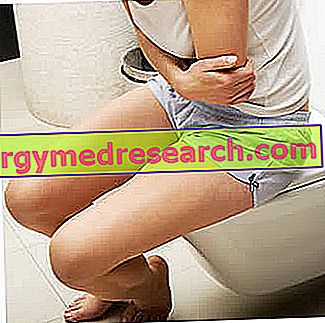Definition
Barotraumatic otitis is damage to the ear caused by a rapid and important variation between atmospheric pressure and that within the middle ear. It typically occurs due to a change in altitude during an airplane trip or in incorrectly performed scuba diving.
The pressure in the ear drum is normally equal to the atomospheric pressure. The maintenance of this pressure balance is entrusted to the Eustachian tube, a conduit that connects the eardrum with the nasal fossa (where the pressure is equal to the atmospheric one). If when the atmospheric pressure increases the Eustachian tube does not fulfill this function, for example because it is obstructed by secretions, the increasing depresurization of the tympanic cavity causes a barotraumatic otitis.
At the base of barotraumatic otitis there can be infections of the upper respiratory tract, obstructions, anatomical malformations, allergies or other mechanisms that interfere with the function of the Eustachian tube, making it unable to balance the pressures at the level of the tympanic membrane.
Most common symptoms and signs *
- Tinnitus
- Tinnitus
- Bruising
- Hearing loss
- Nausea
- Nystagmus
- Plugged ears
- Otalgia
- Loss of balance
- Snoring
- Blood from the ear
- Dizziness
Further indications
Barotraumatic otitis occurs mainly in the middle ear with pain, hearing loss and auricular ringing.
A very high differential pressure can cause endotympanic bleeding, rupture of the tympanic membrane, and development of a perilymphatic fistula through the oval or round window (with leakage of fluid from the inner ear to the middle ear). Possible consequences of barotraumatic otitis are: postural instability, dizziness, nausea and disorientation.
The otoscope examination shows an ecchymosis in the tympanic membrane or hemorrhage in the tympanic cavity, which gives a bluish color to the eardrum.
Most barotraumatic ear lesions require only symptomatic treatment. In fact, in fact, spontaneous remission occurs in a few days. To help alleviate ear pain, analgesics can be taken and anti-pain droplets instilled.



